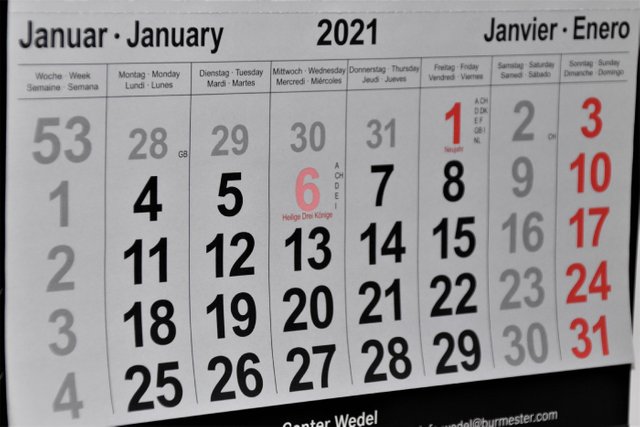7 Underrated Quotes That Helped Me Rethink My Career in 2021
Recently, I signed up for a Career Mastery Virtual Summit (it’s free! Sign up if you are interested) and received a supporting playbook that asked 25 world-class experts to share their top advice to be more successful in 2021. Although the whole playbook is worth reading, I found several quotes, in particular, to be impactful to my life and I wanted to share those quotes and the specific takeaways I will be using in 2021 to be more successful.

Photo by Waldemar Brandt on Unsplash
Find your community — David Burkus
David Burkus is a bestselling author and keynote speaker.
David talks about finding those individuals that are already where you want to be. If you want to be a successful entrepreneur, join a mastermind of entrepreneurs. If you want to be a successful author, join a community of authors. You might not be able to participate or contribute, but for now, be a sponge. Absorb what they read. Find out what conferences they attend. All you have to do is invest yourself in the community.
Takeaway: What community do you want to be a part of? What do you want to achieve in 2021?
Put your strengths to work — James Brook
James Brook is a Leadership Consultant, Organizational Psychologist, Executive Coach, and Founder of Plexus Leadership.
Most successful people achieve their goals by maximizing their strengths, rather than trying to make up for their weaknesses. You can’t be the best person you can be if you are constantly focusing on your weaknesses when you could be focusing on your strengths.
Takeaway: What are your strengths? What are your weaknesses? How can you delegate or hire away your weaknesses so you can focus on your strengths?
Be curious — Karen Wickre
Karen Wickre is the Founder of KVOX Media.
Karen’s advice for 2021 — be curious.
Takeaway: It seems overly simple, but I think the two words can be unpacked many times. It’s about being open to opportunities. Asking questions. Diving deep into things you have interests in, but may not be immediately relevant or on the surface, worth your time.
Choose how you respond — Kim Scott
Kim Scott is the Co-Founder of Radical Candor and author.
You can respond to setbacks and failures in different ways, but there are two that are most important.
One, you can tell yourself that you are the victim, the person with the bad luck, and the one who always gets the short end of the stick. Or two, you can tell yourself you have a grand opportunity here, you have something to prove, and you have the chance to frame this in a positive way.
Takeaway: You can choose how to respond to everything in your life. And you should (I hope), choose to respond in a positive way.
Help somebody every day — Lisa Rangel
Lisa Rangel is the Founder of Chameleon Resumes.
When you help somebody every day, it makes it easier to ask for help from them when the time comes. Not that you should go into this as a way to move your own agenda forward. Helping somebody makes you feel good. It helps you see what challenges others are facing. It helps you stay connected to others.
Takeaway: I have seen many individuals sending a note on LinkedIn offering help to anyone that needs it. My approach will be to focus on friends and coworkers and ask them if there’s anything they need help with. Help them. And then do not ask for anything in return.
Be a better storyteller — Paul Smith
Paul Smith is a World-Leading Expert in Business Storytelling and author.
People make decisions using emotions. And the best way to appeal to those emotions is through stories. So when you can tell better stories, you can be a better persuader (and a better leader).
How do you become a better storyteller?
- Find compelling stories
- Rehearse them using proven storytelling techniques
- Practice them on others
Takeaway: Luckily, I have Paul’s book Lead with Stories, but the takeaway for me here is to always be on the lookout for compelling stories that you can share with others to help you with your cause, whether it’s to affect a decision or to clearly outline the benefits of a specific project.
Always keep learning — Tanveer Naseer
Tanveer Naseer is a Leadership keynote speaker and award-winning writer.
Learning doesn’t have to be limited to school or course work. Or in other words, learning is not equal to education. Learning is an ongoing process. Always look for opportunities to learn, not just learn more about your own field, but to learn about others so you can connect with their work better.
Takeaway: Always keep learning is great advice, but I would couple that with taking responsibility for your own learning and growth. It’s great to sign up for courses, buy interesting books, or listen to podcasts, but what’s more important is what you do with that information and what action you take.